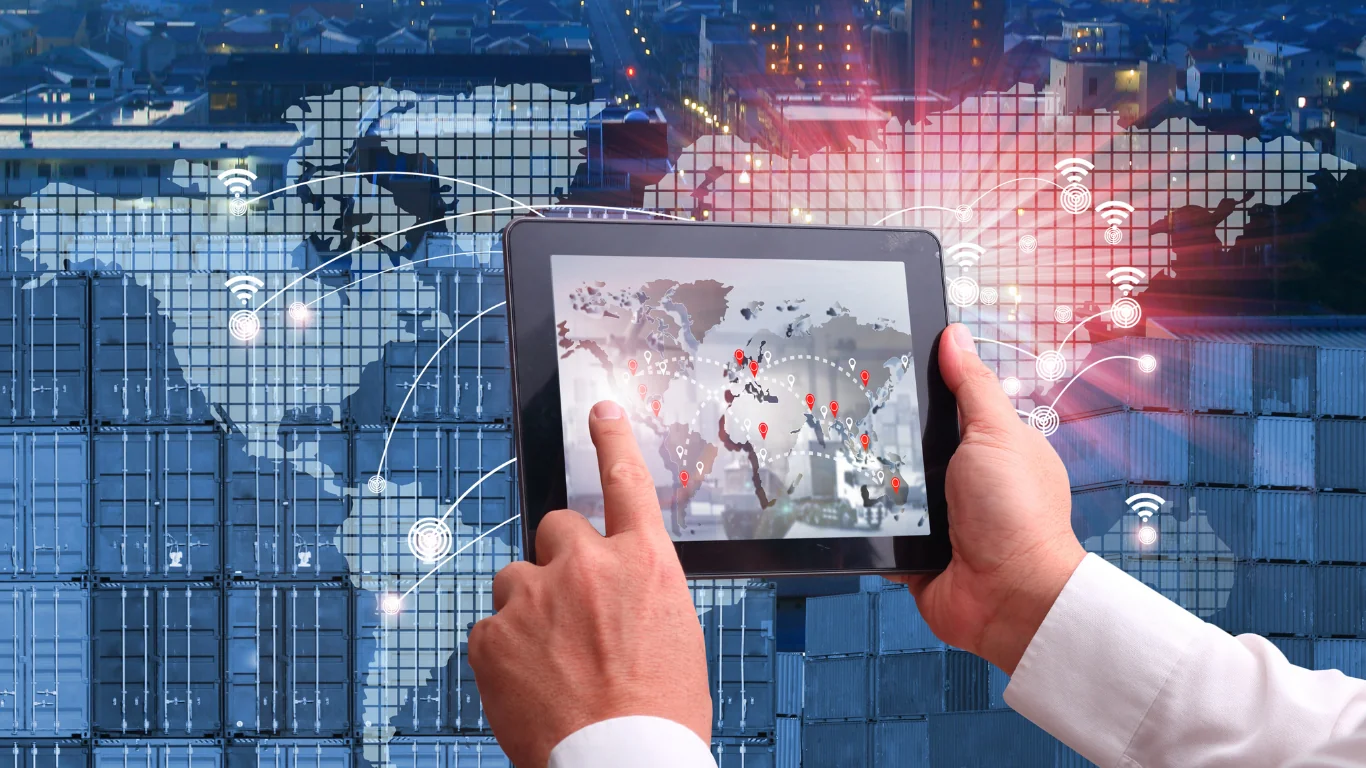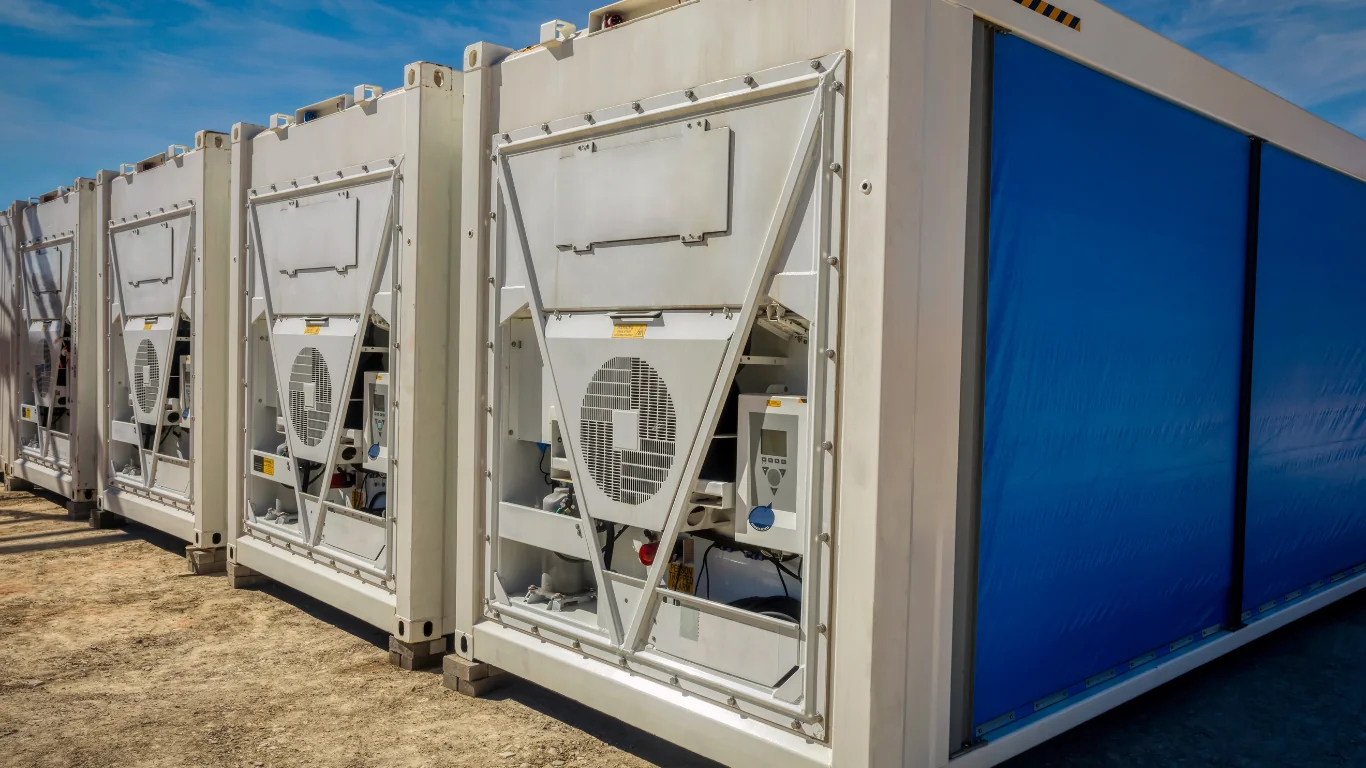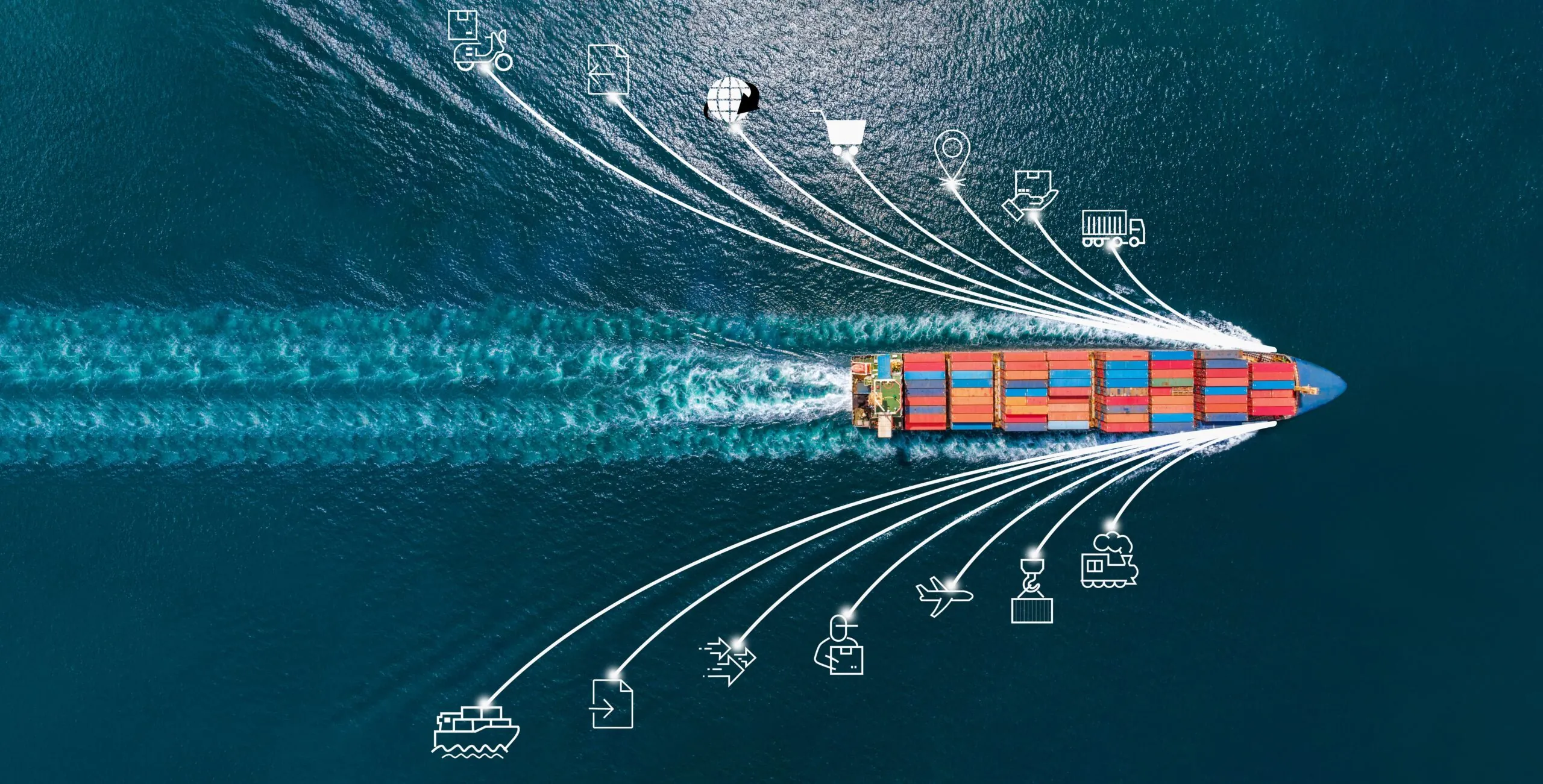
Smart containers have brought about a revolutionary transformation in the shipping industry by seamlessly integrating advanced technology. This integration enables real-time monitoring and optimization of cargo transportation, leading to significant advancements in efficiency and effectiveness.
What Is A Smart Container?
Smart containers, also known as connected or intelligent containers, are equipped with advanced technology to collect and send important information about the goods they transport and their surrounding environment. These containers use sensors, GPS trackers, and communication systems to monitor important factors such as temperature, humidity, pressure, location, and security in real time. The data collected by these smart containers is wirelessly transmitted to a central monitoring system, making it easy for shippers, logistics companies, and other stakeholders to track and manage the movement and condition of goods throughout the shipping process.
Smart containers can help businesses improve their supply chain operations with better visibility, security, and efficiency. They are important tools for optimizing logistics and preventing cargo damage or loss, ultimately leading to happier customers. Smart containers also help drive the digital transformation of the shipping industry by providing data-driven decision-making and improving transparency and control over the shipping process.
6 Different Types of Smart Containers:
1- Temperature-Controlled Containers: They are used to transport goods that are sensitive to temperature changes, such as medicines, food products, and chemicals.
2- Dry Containers: Smart dry containers incorporate sensors and tracking devices to monitor location, security, and environmental conditions while transporting general cargo.
3- Reefer Containers: Refrigerated or reefer containers are special containers designed to transport perishable goods such as fruits, vegetables, and frozen food. These containers ensure precise temperature control to preserve the quality and freshness of the cargo.
4- Tank Containers: They ensure the safe and secure transportation of hazardous or sensitive liquids, such as chemicals, fuels, and gases. These containers are specifically designed for transporting liquid or gaseous cargo.
5- Open-Top Containers: Open-top containers transport oversized or bulky cargo that cannot fit into standard containers. Smart open-top containers may have sensors and tracking devices to monitor cargo handling and security.
6- Flat-Rack Containers: Smart flat-rack containers may include sensors and monitoring systems to transport large and bulky items safely and securely.

What Are the Benefits of Smart Containers?
– Enhanced Visibility: Smart containers allow real-time cargo tracking and monitoring, granting businesses greater visibility and control over their supply chain operations.
– Improved Efficiency: Smart containers optimize logistics, reduce transit times, and improve operational efficiency by collecting and analyzing data on location, temperature, and humidity.
– Preventive Maintenance: Smart containers can identify potential issues such as temperature fluctuations or damage, allowing businesses to take proactive measures to prevent cargo damage or loss and avoid costly disruptions
– Cost Savings: Smart containers help businesses reduce transportation costs by optimizing routes, minimizing idle time, and improving asset utilization, leading to overall cost savings in logistics operations.
– Enhanced Security: With built-in security features such as tamper detection and real-time alerts, smart containers provide businesses with greater security and peace of mind, helping to prevent theft, tampering, and unauthorized access to cargo.
Disadvantages of Smart Containers:
– Cost: Using advanced technology such as sensors, communication systems, and software requires a lot of money upfront. There are also ongoing costs for maintenance and support.
– Complexity: Using advanced technology inside containers can complicate logistics operations. the people in charge of maintaining and managing the smart container systems might need special training and knowledge to deal with the added complexity.
– Reliability: Because smart containers rely heavily on sensors, communication networks, and software platforms, any malfunctions or technical issues can potentially cause data inaccuracies, system downtime, or disruptions in cargo monitoring and management.
– Security Risks: Like any connected device, smart containers may be vulnerable to cybersecurity threats such as hacking, data breaches, or malware attacks

Smart Container Services:
– Maersk Container Industry (MCI) is a company owned by Maersk Group that offers advanced refrigerated containers that can be monitored and controlled remotely.
– TRAXENS is a company that uses smart technology in containers to help people track and monitor what’s inside the containers as they’re being transported. They use sensors, communication devices, and data analysis platforms to make the supply chain process more efficient.
– Globe Tracker is a company that offers smart container solutions specifically designed for shipping goods across the ocean. They provide real-time tracking and monitoring of cargo from start to finish, using software that runs on the cloud and tools to analyze data. All of these services aim to make supply chains more efficient.
FreightCenter stays present on evolving trends and logistics within the industry, enabling businesses to fully capitalize on smart containers by ensuring seamless, efficient, and reliable transportation of goods, ultimately leading to improved customer satisfaction and competitive advantages.
Don’t hesitate to contact us.

